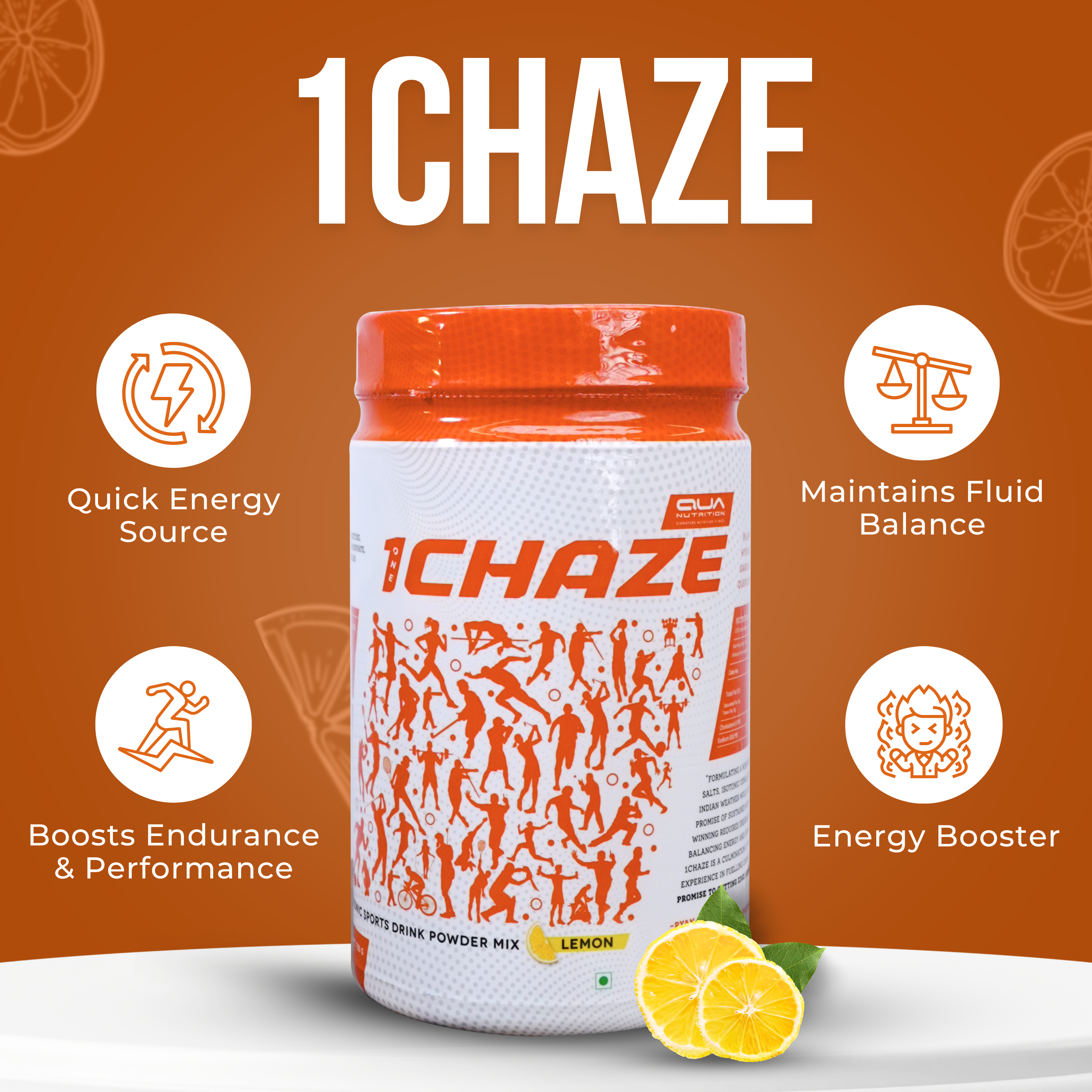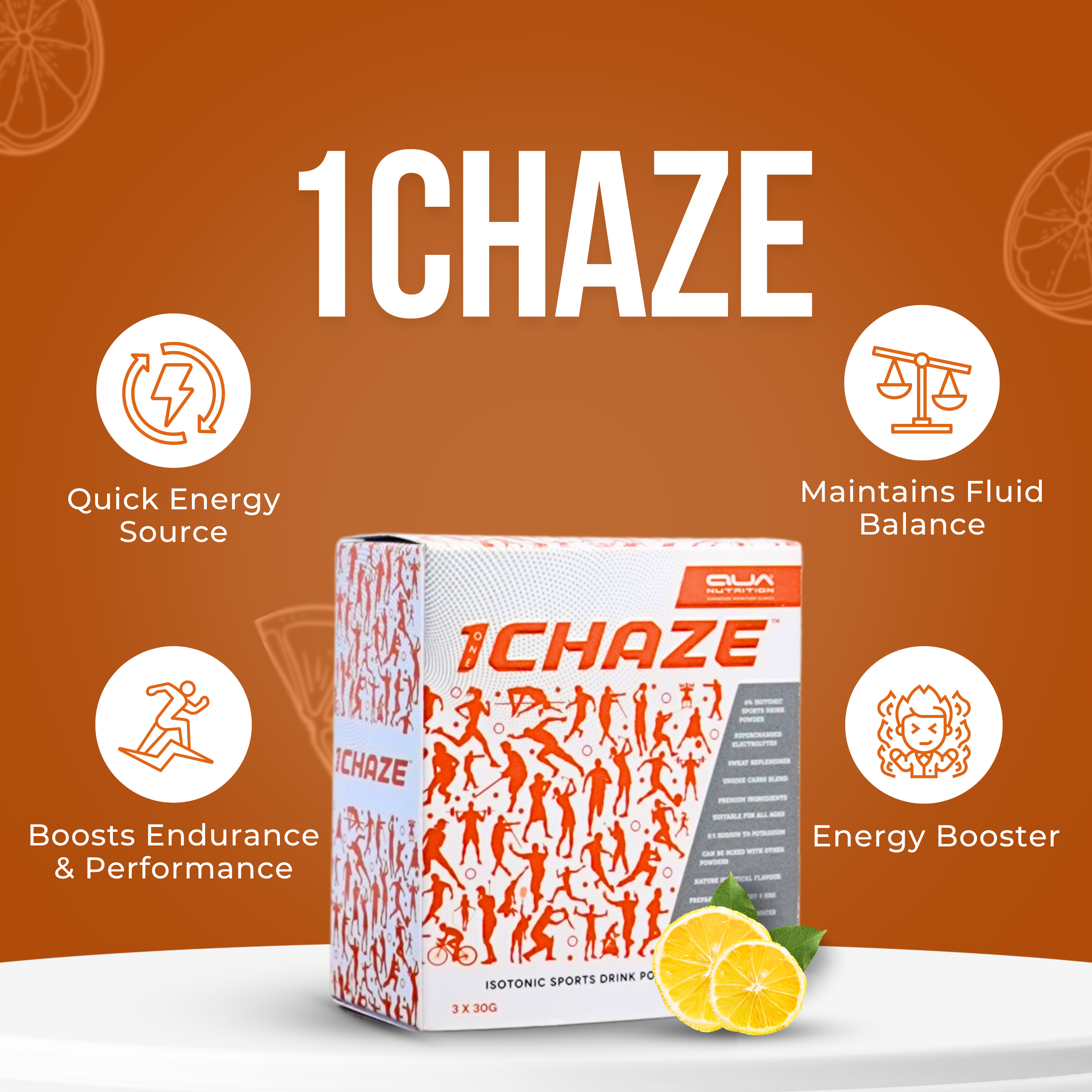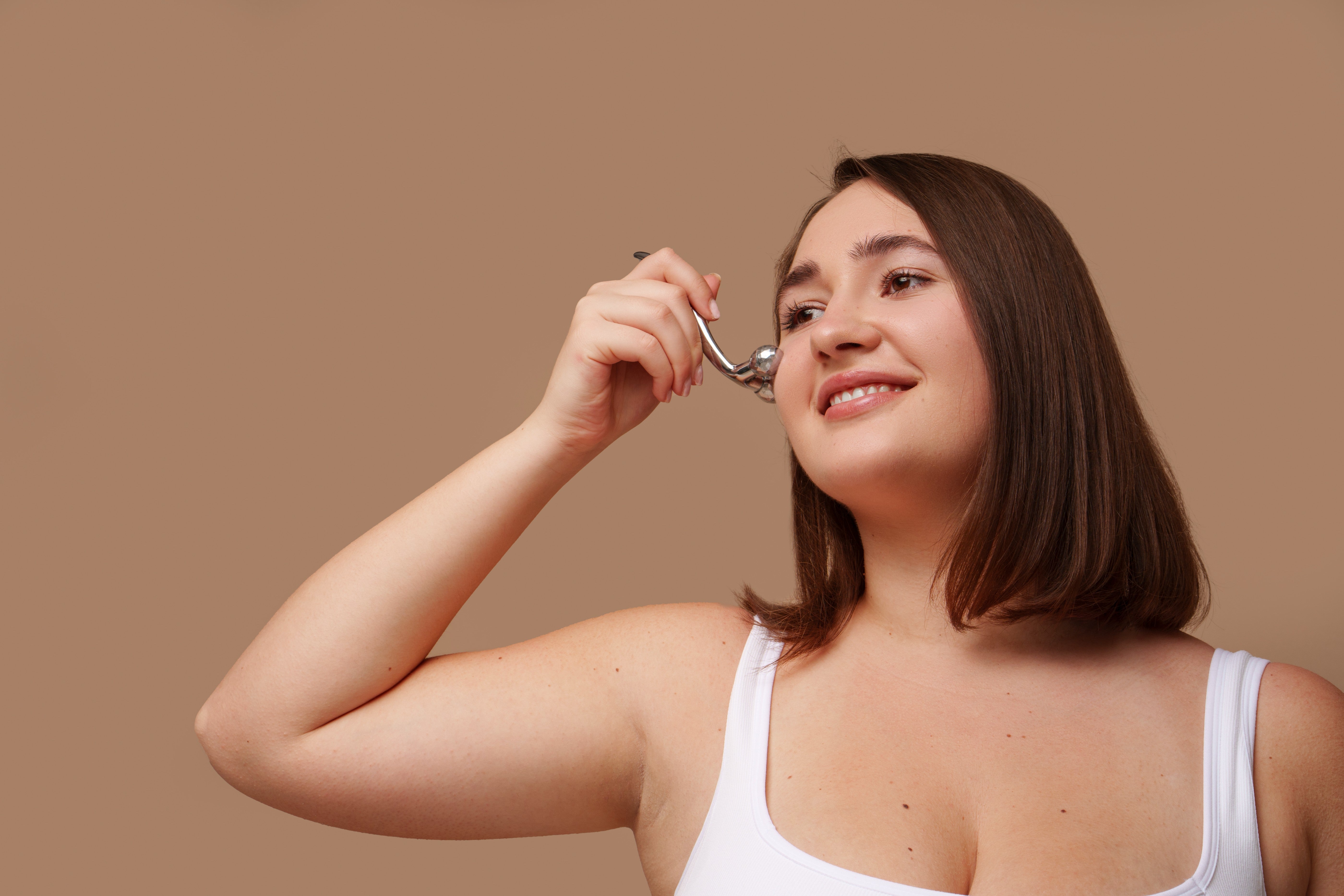Introduction
Collagen is making waves in the world of wellness - from glowing skin to joint benefits it's the word on everyone's lips. Along with its rising popularity comes a lot of misinformation and mixed messages on social media with many conflicting claims about collagen. There is so much conflicting information about collagen that it can be hard to distinguish between collagen fact and fiction. In this blog, we will debunk the most common claims and myths surrounding collagen with science backed evidence. We will review the science on how hydrolyzed collagen works, present a few real studies that provide strong reasoning, and why a premium collagen supplement like 1Chaze Marine Collagen sets itself apart from many options on the market.
Myth 1: Collagen Supplements Don’t Work
Fact: There are many peer-reviewed studies supporting the efficacy of collagen supplementation, particularly hydrolyzed collagen (also called collagen peptides). Hydrolyzed collagen is collagen that has been broken down into smaller amino acid chains for improved absorption and efficacy in the body.
Scientific Fact: A double-blind study in Nutrients from 2019 shows that hydrolyzed collagen increased skin elasticity, skin hydration, and dermal collagen density in women after consistent use for 12 weeks.
Collagen Fact: Absorbing collagen is important. Hydrolyzed collagen has been clinically proven to be more bioavailable.
Myth 2: Collagen Only Helps with Skin
Fact: Although collagen is well-known for enhancing skin health, it also supports joint health, gut lining, bone strength, and even hair growth.
Scientific Insight: A study published in Current Medical Research and Opinion (2008) showed that athletes who supplemented with hydrolyzed collagen experienced lower joint pain. In another study published in Osteoporosis International, researchers linked collagen intake to higher bone mineral density in postmenopausal women.
Collagen fact: It is the most abundant protein in the body — found in skin, joints, bones, etc.
Myth 3: All Collagen Products Are the Same
The quality is non-compromising. The quality depends on a couple of things, such as, where the collagen is sourced from, how pure of a collagen it is, what method was used for hydrolyzation, and whether it has other ingredients added to it.
The unique selling points (USPs) of 1Chaze Marine Collagen are:
· No preservatives
· No fats
· No artificial flavors or sweeteners
· Keto-friendly
· Gluten-free
· No emulsifiers
· No sugar
· Made in India
· Easy to use in typical Indian meals: soups, dals, and smoothies.
These USPs make 1Chaze Marine Collagen a clean and convenient everyday use product.
Myth 4: You Don’t Need Collagen if You Eat Protein
Fact: When it comes to protein, yes, it will supply amino acids, that we need. Yet, it does not mean that those amino acids are those that are collagen specific (glycine, proline, and hydroxyproline, in the right proportions).
Scientific fact: Collagen peptides are the only dietary protein that has been shown to directly stimulate fibroblasts in skin and the connective tissues of the body, regardless the type of dietary protein consumed.
Collagen fact: Collagen peptides provide bioavailable nutrient support for collagen synthesis.
Myth 5: Collagen Is Just a Beauty Trend
Fact: Collagen supplementation is supported by decades of science and real-world therapeutic applications — from wound healing to management of osteoarthritis.
Scientific fact: A 2021 systematic review in Journal of Cosmetic Dermatology, confirmed the clinical efficacy of collagen peptides for decreasing signs of skin aging and increasing elasticity.
Collagen fact: This isn’t a fad — this is functional nutrition supported by real science.
Myth 6: Plant-Based Collagen Is Just as Good
Fact: The only source of true collagen comes from marine and bovine. A so-called "plant-based collagen" product is often a blend of niched nutrients that do support collagen production, but they are not collagen.
Scientific fact: Only collagen derived from animal sources contains the exact peptides that are actually utilized to mediate improvements in connective tissues.
Collagen fact: Marine collagen (like 1Chaze) is perfect for pescatarians and is known to be very bioavailable.
Myth 7: Collagen Causes Weight Gain
Fact: Collagen is a protein. It has no fats, and no sugar. It can even help promote satiety, helps with weight maintenance when taken strategically.
Collagen fact: 1Chaze Marine Collagen is low calorie and fits into a keto or low carb plan perfectly.
Why Choose 1Chaze Collagen?
1Chaze is a relatively new entrant in the crowded collagen market, having established its position with a clean label, high absorption, marine collagen product from deep-sea fish. 1Chaze collagen is highly hydrolyzed to ensure maximum absorption into the body, and it is naturally odorless, meaning it easily blends in with meals, including Indian meals.
Visit: https://1chaze.com/ to see all variants.
Top USPs of 1Chaze Collagen:
· Hydrolyzed for maximum absorption
· Preservatives free
· Zero fats, zero sugar
· Gluten-free and keto
· No artificial sweetener or flavors
· Made in India
· Easily mixes into soups, dals, shakes
Conclusion: Know the Science, Not the Hype
The myths that are built up around collagen can often overshadow its actual value. If selected well and taken consistently, hydrolyzed collagen provides science-based benefits, as it pertains not only to beauty, but to your bones, your joints, and your overall health and wellness. Make sure to trust only science-backed, high-quality products like 1Chaze, and these results can be achieved.
FAQs:
1. How long before collagen supplements may become effective?
Based on the research available, most will see results visible in 8-12 weeks with daily intake.
2. Can I mix 1Chaze collagen with hot food or drinks?
Yes! 1Chaze collagen is heat-stable and works well with hot soups, dal, tea, and coffee.
3. Is marine collagen safe to take every day?
Yes, it is very bioavailable and is a safe long-term solution when used as intended.
4. Is there a certain age to start taking collagen?
You can start collagen supplementation in your mid-20s and early 30s, when you notice some of the initial signs of aging or general joint discomfort.
5. Can vegetarians take 1Chaze collagen?
1Chaze Marine Collagen is derived from fish and is appropriate for pescatarians but not vegetarians or vegans.








